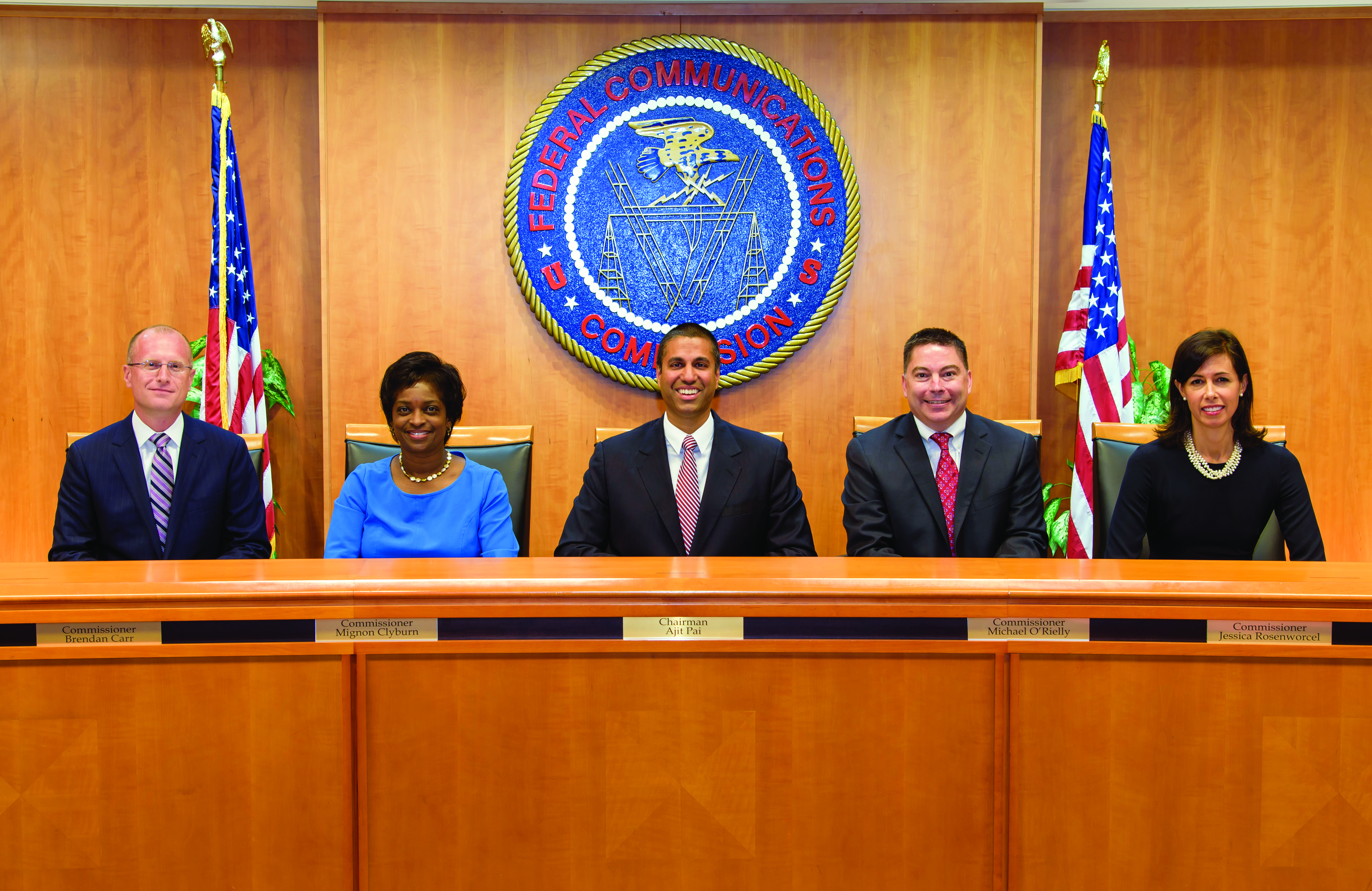On November 21, Federal Communications Chairman, Ajit Pai, submitted a proposal to the Federal Communications Commission (F.C.C.) to repeal net neutrality that was implemented in 2015 under the Obama administration.
Net neutrality guarantees that internet service providers (ISPs), handle all online content equally to prevent providers from favoring their own digital services over those of their competitors. These regulations bar high-speed ISPs from throttling or slowing down the retrieval of websites and ban companies from charging extra fees for the use of high-quality streaming and other services.
Pai believes that net neutrality deters ISPs from innovation and investing into their own networks, since they cannot provide different levels of service to customers. He says that his plan would “require internet service providers to be transparent about their practices so that consumers can buy the service plan that’s best for them.” Pai, a Republican with an agenda for deregulation, has been working towards dismantling net neutrality since he was appointed as chairman by President Trump in January.
Many believe that if the current rules are repealed then ISPs will increase their prices and give favored treatment to certain websites and apps. Small service providers are also fearful that they will not be able to pay to have the best service and will be consquently driven out by bigger providers.
Pai’s proposal has created a fight over free speech and raises questions on how the internet should be controlled. Internet giants, like Google and Amazon, believe that repealing net neutrality will create uncertainty in the market and force unequal competition between large and small ISPs putting freedom of information at risk.
Most telecommunication companies, like AT&T and Verizon, support Pai’s proposal but have no plans to eliminate net neutrality rules. “We, nor any other ISP, are asking [the F.C.C.] to kill the open Internet rules. All they’re doing is looking to put the open Internet rules in an enforceable way on a different legal footing” explains Craig Sillman, Verizon’s general counsel .
Over 22 million comments have been filed with the F.C.C. about whether net neutrality should be reversed. Lobbying and protesting from both sides of the debate has begun and is expected to increase until the F.C.C. votes on the matter on December 14.



